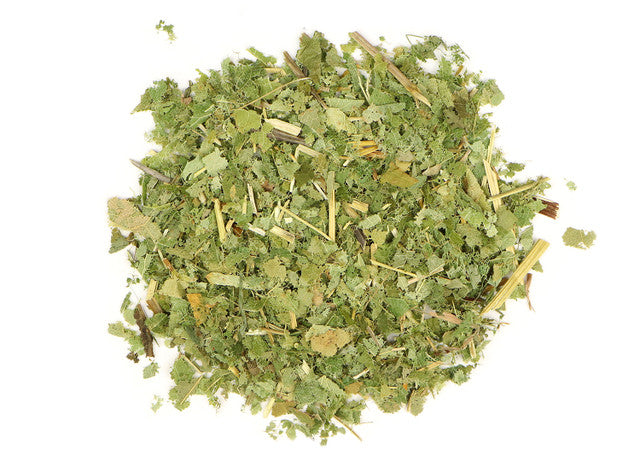
Healing Herbals
Lemon Balm Leaf
Lemon Balm Leaf
Couldn't load pickup availability
Lemon Balm – Nature’s Calming Herb
Mild nature of lemon balm, an herb of the mint family that has been valued for its calming and invigorating nature. Our high-quality lemon balm is skillfully selected and processed to offer a true, natural herb experience.
Key Features
- Relaxing & Soo
Herbalistically esteemed for its ability to inspire feelings of peace, lemon balm induces a state of easy calmness of mind.
- Mood & Focus
Traditionally known in herb lore as helpful for a balanced mind-set and mental sharpness.
- Relaxing Nights
Many like to have as a relaxing tea at evening to unwind at the end of the day.
- Natural & Pure
Made from pure 100% lemon balm leaves with no additives nor bulking agents.
- Multi-purpose Applications
Drink as a tea, take as a tincture, or supplement. Its bright lemony scent is both invigorating and calming.
How to use
Tea: Steep 1–2 teaspoons of dried lemon balm leaves in boiling water for 5–10 minutes.
Supplement: As needed on label.
Tincture: Administer the dosing indicated with water or juice.
FDA Disclaimer
These remarks have not been approved by the Food and Drug Administration. This supplement will not diagnose, treat, cure, or prevent any illness.
Share


Here at Healing Herbals Store
We carefully select suppliers who share our commitment to environmental stewardship and minimize waste through eco-conscious or reused packaging whenever possible. We prioritize supporting fair labor practices and are currently investing in regenerative farming methods, so every product reflects our dedication to both quality and the health of our planet. Shop now!

